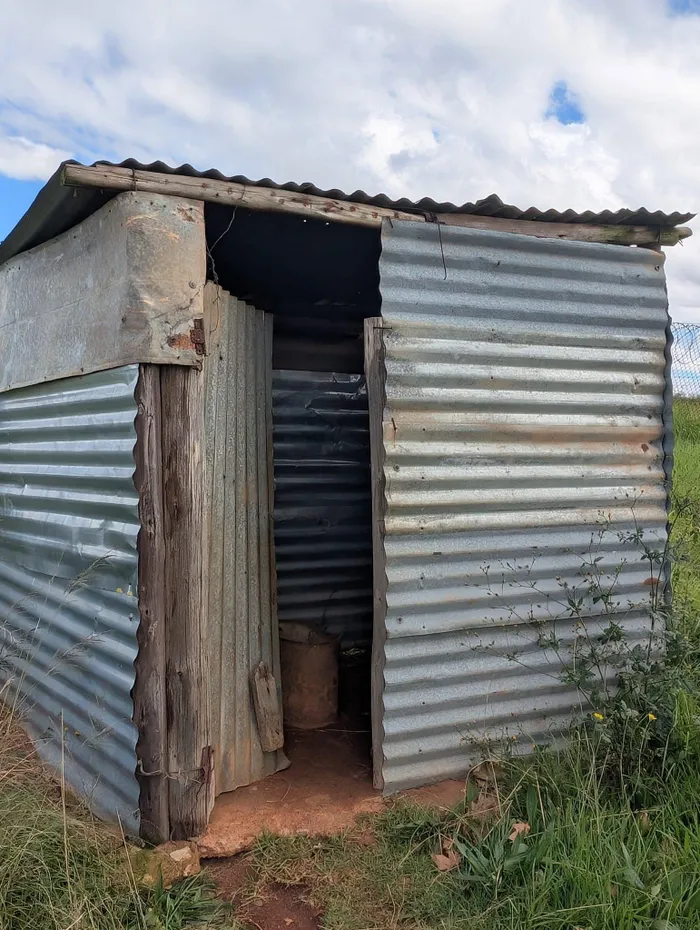
South Africa marked World Toilet Day by reaffirming the urgent need for safe, hygienic, and adequate sanitation for all. While national access to improved sanitation has risen to 83 percent, progress has stalled, and millions still rely on unsafe facilities.
Image: Supplied
SOUTH Africa today joins the global community in observing World Toilet Day, marked this year under the theme We will always need the toilet. The reminder is simple yet powerful: no matter how the world changes, sanitation remains a fundamental human need and a cornerstone of dignity.
The South African Human Rights Commission (SAHRC) used the occasion to emphasise that safe, hygienic, and adequate sanitation is essential for every person to live a dignified life, urging the country to reflect on progress made and the challenges that persist.
Globally, the right to safe sanitation is recognised as critical to the full enjoyment of life. Its importance is embedded in the United Nations Sustainable Development Goals, particularly Goal 6, which calls for equitable access to adequate sanitation and hygiene for all by 2030. This includes ending open defecation and prioritising the needs of women, girls, and vulnerable communities.
South Africa has made noteworthy strides in expanding access to improved sanitation. According to Statistics South Africa’s General Household Survey 2024, access to improved sanitation, which includes flush toilets and ventilated pit latrines, has risen from 61.7 percent in 2002 to 83.1 percent in 2024. However, progress has stagnated since 2018, and millions still rely on unsafe sanitation methods, including open defecation and the bucket toilet system.
Recent SAHRC investigations highlight the ongoing challenges. In several Northwest municipalities, residents continue to use toilets that compromise their dignity due to inadequate or non-functional sanitation infrastructure. This is despite compulsory national standards requiring every household to have access to a toilet with a functional handwashing facility.
Schools remain another area of major concern. The SAHRC’s 2025 School Readiness Monitoring Report identifies poor sanitation, including the continued presence of pit latrines, as one of the top five systemic challenges facing schools across the country. Women and girls are also disproportionately affected, with the Commission continuing to receive complaints about unsafe and unhygienic sanitation facilities that put them at increased risk of health complications and security threats.
As the country reflects on World Toilet Day, the SAHRC is calling on government, communities, and all sectors of society to intensify their efforts in speeding up access to safe, hygienic, and adequate sanitation.
The Commission reaffirmed its commitment to holding authorities accountable and monitoring progress, stressing that sanitation is not a privilege but a fundamental human right, and one that must become a lived reality for all South Africans.
Related Topics: